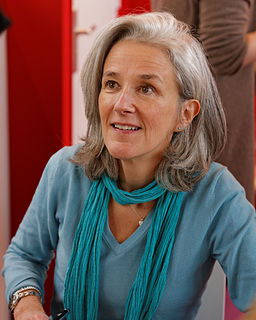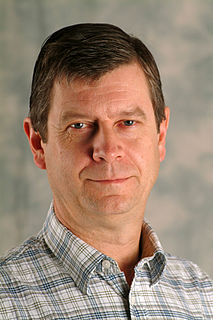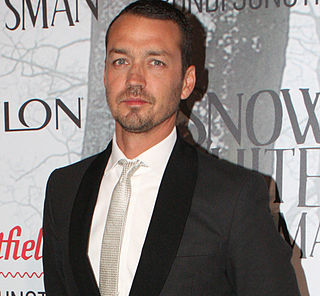A Quote by John McGahern
I think it's linked to the realisation that we're not going to live forever and that the way of saying and the language become more important than the story.
Related Quotes
Once you understand that Goliath is much weaker than you think he is, and David has superior technology, then you say: why do we tell the story the way we do? It becomes, actually, a far more meaningful and important story in its retelling than in the kind of unsophisticated way we've done it for, I think, too long.
The longer I live the more I realize the impact of attitude on life. Attitude, to me, is more important than facts. It is more important than the past, than education, than money, than circumstances, than failures, than successes, than what other people think or say or do. It is more important than appearance, giftedness or skill. It will make or break a company . . . a church . . . a home.
Every time another tribe becomes extinct and their language dies, another way of life and another way of understanding the world disappears forever. Even if it has been painstakingly studied and recorded, a language without a people to speak - it means little. A language can only live if its people live, and if today's uncontacted tribes are to have a future, we must respect their right to choose their own way of life.
I think the future is like anything else that's important. It has to be earned. If we don't earn it, we don't have a future at all. And if we don't earn it, we don't deserve it, we have to live in the present, more or less forever. Or worse, we have to live in the past. I think that's probably what love is - a way of earning the future.
How different things might be if, rather than saying "I think I'm in love," we were saying "I've connected with someone in a way that makes me think I'm on the way to knowing love." Or if instead of saying "I am in love" we say "I am loving" or "I will love." Our patterns around romantic love are unlikely to change if we do not change our language.
Some feminist critics debate whether we take our meaning and sense of self from language and in that process become phallocentric ourselves, or if there is a use of language that is, or can be, feminine. Some, like myself, think that language is itself neither male nor female; it is creatively expansive enough to be of use to those who have the wit and art to wrest from it their own significance. Even the dread patriarchs have not found a way to 'own' language any more than they have found a way to 'own' earth (though many seem to believe that both are possible).
I am noticing that we're getting more and more people - and I don't know how to handle this - who come to me saying, "Would you pray for my son? Would you pray for my daughter?" I've been saying, "Pray for them yourself." But they don't want that because they think I've got something that's greater than what they have. I keep saying, "I don't! Not really. I got the title 'minister; but I don't want to exploit you. You do it, too." I think the way to solve it is to do it together. We're going to pray in community, you see?
I think that sense of surprise, that you don't know where something is going, or what's going to happen, even as you write, that you're making it up as you go along - that's important to me. It's not a question of shock or surprise in a gimmicky way. It's that as you read, you become more deeply into something and into what happens, and become more involved and engaged, you're learning something or you're appreciating something or seeing something differently - that's what's surprising.
Each of us is our own story, but none of us is only our own story. The arc of my own personal story is inexplicably and intrinsically linked to the story of my parents and the story of my neighbor and the story of the kid that I met one time. All of us are linked in ways that we don't always see. We are never simply ourselves.







































